Is Heroin an Opioid?
Is Heroin an Opioid?

Table of contents
Heroin is an extremely addictive and illegal drug that is made from morphine, a naturally-occurring substance in poppy plants.1 It can cause intense feelings of euphoria and is highly abused in the U.S. In 2017, nearly 494,000 Americans reported using heroin in the past year and in 2015, heroin was the cause of 81,326 ER visits due to unintentional drug overdoses.2 Is heroin an opioid?
Yes, heroin is classified as an opioid drug. It is made from morphine, which is a naturally-occurring substance that is extracted from the seed pod of certain types of poppy plants.
What are Opioids?
Opioids are a class of drugs that include heroin, fentanyl, and prescription painkillers like morphine, hydrocodone, and many others. These substances are all classified as the same type of drug because they are chemically related and act on the same opioid receptors in the brain and body to produce similar effects.3
Opioid drugs (even prescription opioids) can be highly addictive because they produce a strong sense of euphoria. As a result, regular use of them can cause physical dependence and any misuse can lead to a full-blown opioid addiction.
Regular abuse of opioid drugs can also cause life-threatening overdoses. An opioid overdose can sometimes be reversed with naloxone, a medication designed to block the effects of opioid drugs and restore normal respiration. Normally administered via injection or nasal spray, naloxone can be life-saving, but further prevention and medical care are still necessary to prevent another overdose and treat the substance abuse problem.
Is heroin an opioid?
Heroin is a Schedule I drug that is classified as an opioid. It was first manufactured back in 1898 and used to treat tuberculosis and morphine addiction.
Morphine addiction was a big problem in the mid-1800s and heroin was thought to be a non-addictive substitute. However, it proved to be even more addictive and by the late 1990s, the mortality rate of heroin addicts was estimated to be 20 times greater than the rest of the U.S. population.1
Today, heroin continues to be a highly abused drug. It is produced in several different forms and can be a white powder, brown powder, or black tar. It’s frequently “cut” with other drugs, which increases the user’s risk for overdose as they don’t actually know how much heroin they are ingesting when they use. Heroin addicts inject, smoke, or snort heroin to get high, and users may also combine it with other drugs to enhance its effects.
Amid an ongoing opioid crisis in the U.S., heroin abuse has increased in recent years, especially among demographic groups that haven’t historically used it, such as women, privately insured individuals, and people with higher incomes.5 This just goes to show that heroin addiction doesn’t discriminate based on a person’s gender, age, or income level. Anyone can fall victim to it.
Heroin Abuse Statistics
- In 2017, more than 15,000 people died from drug overdoses involving heroin in the U.S. That’s a rate of almost 5 deaths for every 100,000 Americans.3
- From 2010 to 2017, heroin-related overdose deaths increased by more than five times.3
- In 2017, males aged 25-44 had the highest heroin death rate at 14.8 per 100,000.3
- In 2017, 14,000 people ages 12-17, 214,000 people ages 18-25, and 658,000 people ages 26 or older reported using heroin in the last year.6
- People who abuse prescription opioids are forty times more likely to become addicted to heroin.7
- 75 percent of people who used heroin in the past year misused prescription opioids first.8
Common Heroin Drug Combinations
Heroin users often combine their drug of choice with other substances to enhance their highs. Although common, this is an extremely dangerous practice and it greatly increases the user’s risk of overdose and death. Here are some of the most common heroin drug combinations:
- Heroin and prescription opioids like morphine, methadone, oxymorphone, oxycodone, and hydrocodone, among others
- Heroin and cocaine
- Heroin and alcohol
- Heroin and methamphetamine
- Heroin, fentanyl, carfentanil, and U-47700 (this combination is also known as the “gray death” due to its extreme potency)
[sc name=”phoneinsurancecta”]
Side Effects of Heroin Abuse
If a person is using heroin, he or she will experience certain physical side effects. Common side effects of heroin abuse include:
- Drowsiness
- Respiratory depression
- Constricted pupils
- Nausea
- Warm, flushing of the skin
- Dry mouth
- Heavy extremities9
Signs of a Heroin Overdose
Heroin overdose is common so it’s important to know the signs if you have a loved one is abusing it or addicted to it. Signs of a heroin overdose include:
- Slow, shallow breathing
- Blue lips and fingernails
- Clammy skin
- Convulsions9
Heroin overdose can also cause coma or death, so if a person is unresponsive after using heroin, call 911 right away.
Other Commonly Abused Opioids
Heroin is just one of the many commonly abused opioids. Other opioid drugs that are frequently abused include:
- Fentanyl
- Carfentanil
- Codeine
- Hydrocodone (Vicodin)
- Oxycodone (Percocet, OxyContin)
- Oxymorphone (Opana)
- Morphine (Kadian, Avinza)10
Getting Help for Heroin Addiction
Heroin abuse and addiction is a disorder that can severely reduce a person’s quality of life and lead to serious medical and physical problems or even death. Because addiction is a disease, it won’t just go away on its own and treatment is absolutely necessary.
Nova Recovery Center provides comprehensive addiction treatment for individuals who are suffering from heroin addiction. Our heroin addiction rehab program is tailored to the unique needs of each client and is designed to help them achieve sustainable, lasting sobriety.
If you or a loved one is struggling with heroin addiction, call (512) 520-0255 today to speak with a Nova representative. We have helped many others overcome their addictions and we’re ready to help you too.
References:
- https://www.drugabuse.gov/publications/research-reports/heroin/what-heroin
- https://www.drugfreeworld.org/drugfacts/heroin.html
- https://www.drugabuse.gov/drugs-abuse/opioids
- https://www.samhsa.gov/data/sites/default/files/nsduh-ppt-09-2018.pdf
- https://www.cdc.gov/vitalsigns/heroin/infographic.html
- https://www.ncbi.nlm.nih.gov/pubmed/23410617
- https://www.getsmartaboutdrugs.gov/sites/getsmartaboutdrugs.com/files/files/Heroin_R.pdf
- https://www.drugabuse.gov/publications/drugfacts/prescription-opioids
Nova Recovery Center offers a large range of substance abuse treatment services: detox, residential, outpatient and sober living.
Treatment Options
Treatment Locations
Call Us Now and Begin Healing at (512) 605-2955
Or text us and we will call you right back.
Not quite ready for a call? You can fill out the form below.
What Makes Us Different
- Gender-specific treatment
- Evidenced-based treatment
- 12-Step immersion
- 90-day residential treatment
- Family program
- Full continuum of care
- Insurance and private pay
100% Confidential Guarantee
Confidential Consultation
Nova Recovery Center is dedicated to helping you or your loved one get help. Please call or fill out this form for a confidential consultation.
One of our understanding, dedicated advisors will contact you about your options. Begin healing today.
Nova Recovery Center is dedicated to helping you or your loved one get help. Please call or fill out this form for a confidential consultation. One of our understanding, dedicated advisors will contact you about your options. Begin healing today.





